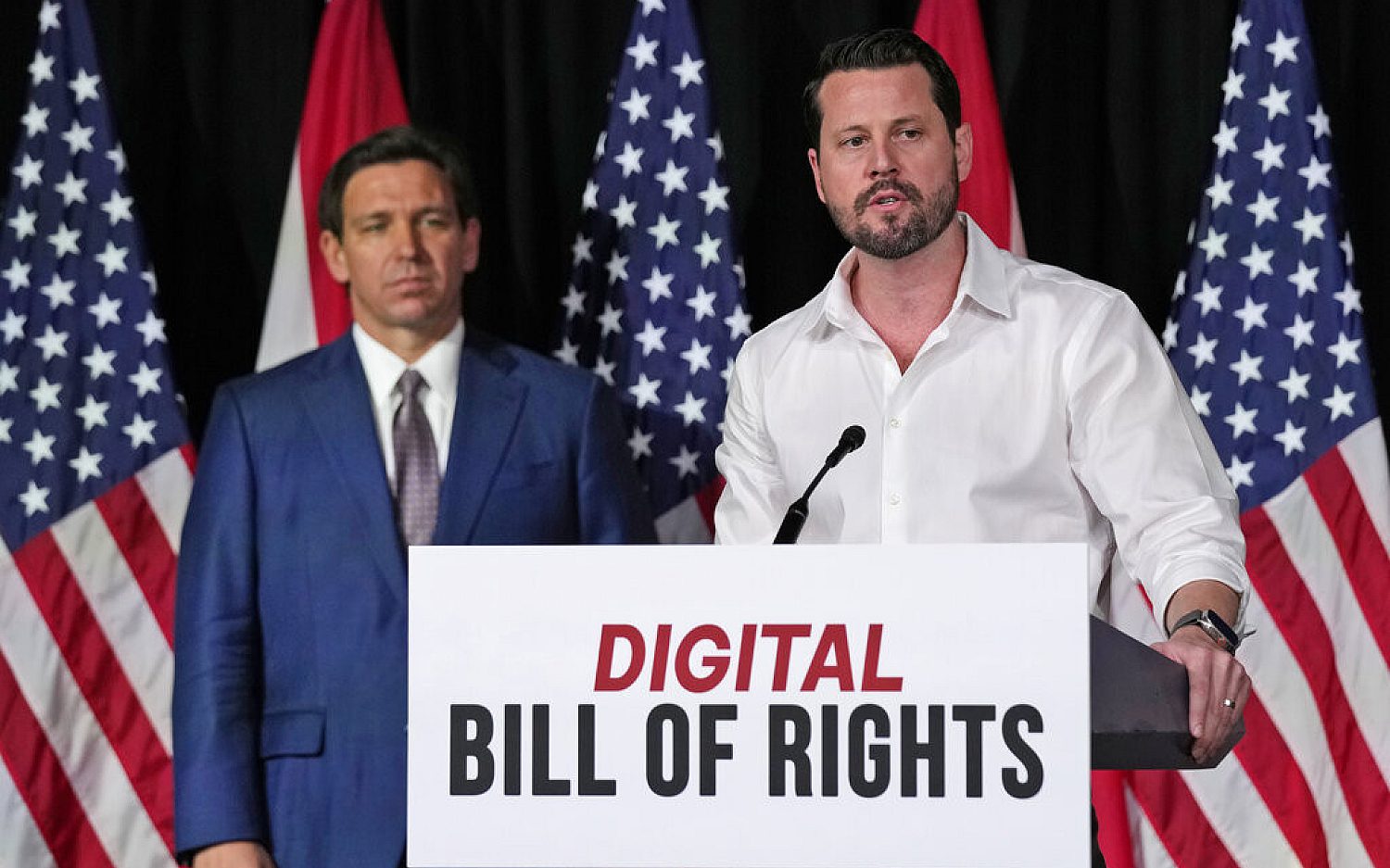Hong Kong fumes as China revokes promised democracy
Pro-democracy activists in Hong Kong are threatening protests after Beijing announced election rules Sunday that would limit democracy in the former British colony. The new rules dictate that a committee filled with Beijing loyalists must approve candidates for Hong Kong’s chief executive in 2017, breaking a promise that the region would be eligible for universal suffrage by then.
When the British returned Hong Kong to mainland China in 1997, then-Chinese leader Deng Xiaoping agreed to allow the region its autonomy under a “one country, two systems” policy for 50 years before reintegrating the former colony with the larger country. The idea was that by then, China would have progressed economically and politically so that reuniting with Hong Kong would be easy. But instead, China has continued its tight reign on political freedom even as it advances economically, and the latest decision is a further blow to the trust between the two.
“Today is the darkest day of the history of Hong Kong’s democratic development,” Benny Tai Yiu-ting, the co-founder of the activist group Occupy Central With Love and Peace told reporters Sunday. “I think now this is the end of any dialogue.” Occupy Central has threatened to shut down Hong Kong’s busy financial district with a peaceful sit-in protest to demand full democracy. In previous months, the group has organized protests that have crowded the streets with hundreds of thousands of people.
In a move that would be unimaginable in mainland China, Hong Kong’s pro-democracy lawmakers heckled Li Fei, the deputy secretary general of the Standing Committee of China’s National People’s Congress, as he explained the election process Monday. Some shouted slogans and held signs decrying Beijing’s broken promise for democracy before security officers escorted them out. Outside, police pepper sprayed a group of activists trying to storm the barricades to get inside. Li remained unfazed, calling protests by Occupy Central an “illegal activity.”
“If we give in, it will trigger more illegal activities,” he said.
Li noted that if Hong Kong lawmakers did not approve the package, it would lose any sense of democracy and continue its typical procedure, in which a small committee choses the leader without any popular vote.
The move reveals Beijing’s desire for control and its fear that relaxing on democracy could urge other regions, including cities in the mainland, to demand democracy as well. “Beijing would not make a compromise,” Ding Xueliang, professor of political science at Hong Kong University of Science and Technology told Bloomberg. “What if Shenzhen, which is not far away from Hong Kong, also asked for the same thing?”
Even before the decision, Hong Kong has felt China’s encroaching control. A 2014 report by the Hong Kong Journalists Association revealed that the region’s press freedom “had its darkest year in several decades,” according to association chairwoman Sham Yee-lan. Newspapers, especially those that speak out against Beijing, have faced threats, violence, financial pressures, and website attacks. In February, Kevin Lau, the former chief editor of Ming Pao was injured in a meat cleaver attack after he was fired from his position for criticizing the Chinese government.
In June, a number of pro-democracy sites such as Occupy Central, the newspaper Apply Daily, and the June 4 Museum (which remembers the Tiananmen Square Massacre) were hacked, along with a poll site gauging the popular support for democracy. Visitors to the sites found them unavailable, as hackers—which many believe originated from mainland China—overwhelmed them with traffic from different sources.
China’s heavy handling of democracy in Hong Kong is also hurting the mainland’s attempts to reunify with the self-governing island of Taiwan. It had hoped to use the “one country, two systems” model to entice Taiwan to voluntarily rejoin the mainland, but as the model falters in Hong Kong, that prospect grows increasingly dim.
The question remains what protests in Hong Kong will be able to accomplish. Leaders of Occupy Central are realistic: Beijing’s hard line combined with Hong Kong residents’ concern for stability and business welfare may make their plans difficult.
“Although some pragmatic supporters may leave, new supporters are joining us,” they said in a statement issued Tuesday. Despite their disappointment with Beijing’s decision, “the significance of our movement will not end at this point.”
The Associated Press contributed to this report.
An actual newsletter worth subscribing to instead of just a collection of links. —Adam
Sign up to receive The Sift email newsletter each weekday morning for the latest headlines from WORLD’s breaking news team.





Please wait while we load the latest comments...
Comments
Please register, subscribe, or log in to comment on this article.